We’ve all heard it: “Work hard, and you’ll succeed.” It’s the mantra that’s driven generations of Americans to believe that success is within reach if they just put in the effort. But for many, that dream is elusive, no matter how hard they work. So, is America really the land of opportunity, or is the game rigged?
1. The Wealth Gap: Born Into Money, Born Into Opportunity

In America, the wealthiest 10% hold nearly 70% of the country’s wealth. If you’re born into a wealthy family, you have access to better schools, tutors, and social networks that can open doors most people never even see. Hard work matters, but so does the cushion that wealth provides—one that shields you from financial ruin and opens the path to success.
2. Education Inequality: Not All Schools Are Created Equal

Public school funding in the U.S. is largely determined by local property taxes, meaning that schools in wealthy neighborhoods have more resources. According to the U.S. Department of Education, schools in high-poverty areas receive $1,000 less per student than those in wealthier districts. No matter how hard students work, they can’t overcome the hurdles of overcrowded classrooms, outdated textbooks, and underpaid teachers.
3. Racism: The Systemic Barrier

Systemic racism isn’t just a buzzword; it’s a reality that affects everything from hiring practices to loan approvals. Black Americans face unemployment rates nearly twice as high as their white counterparts and are more likely to be denied loans, even when they have the same qualifications. The Federal Reserve reports that in 2019, the median wealth of white families was $188,200, compared to just $24,100 for Black families. This wealth gap isn’t closed by hard work alone.
4. Gender Inequality: The Glass Ceiling Still Exists

The gender pay gap persists, with women earning just 82 cents for every dollar a man makes. This gap is even wider for women of color. According to the Institute for Women’s Policy Research, at the current rate of progress, it will take over 250 years for women to achieve pay equality. No amount of hard work can change the structural barriers that women face in the workplace.
5. Nepotism: It’s Who You Know, Not What You Know
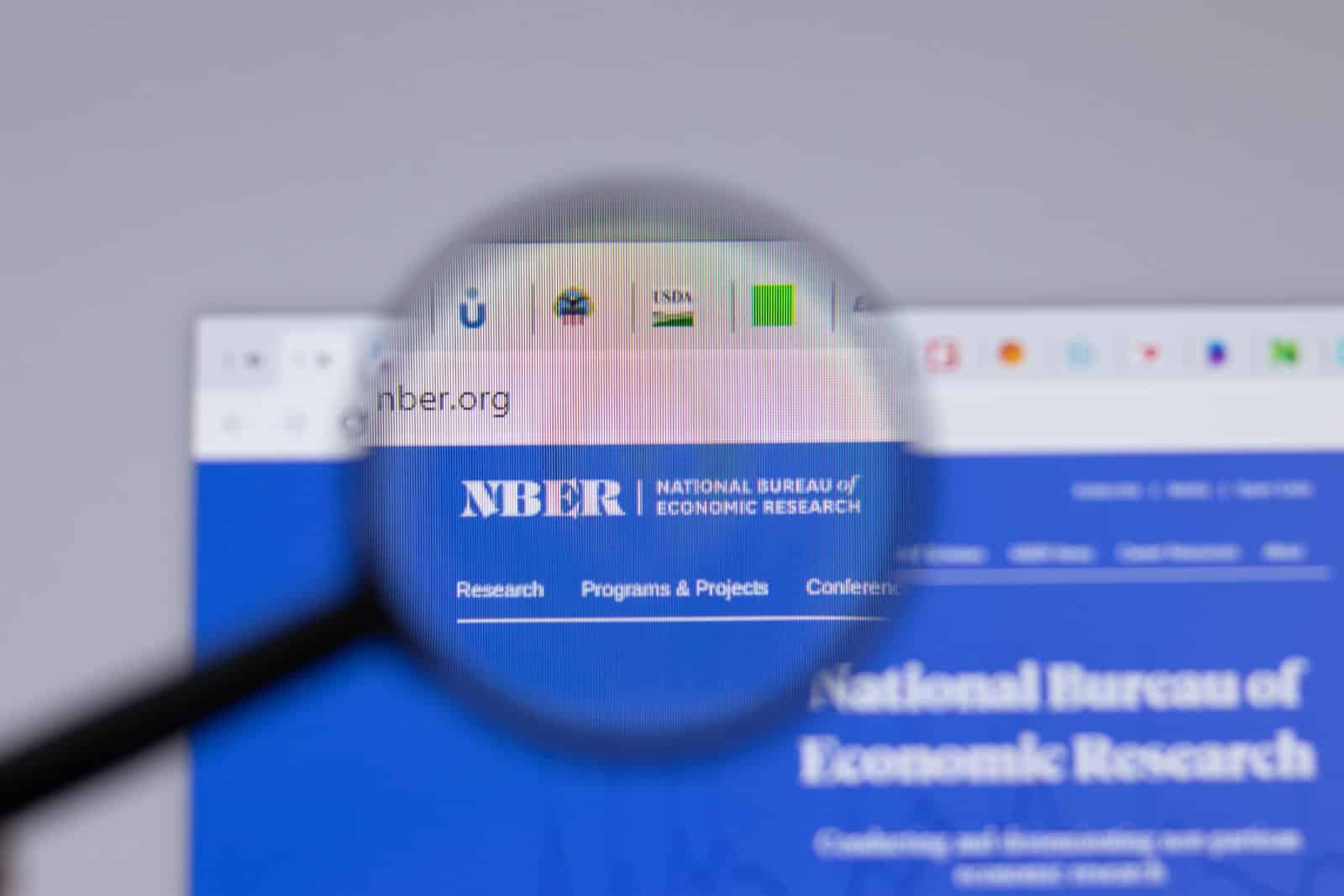
According to a 2020 study by the National Bureau of Economic Research, nearly 70% of jobs are found through networking. It’s not just about what you know; it’s about who you know. Nepotism ensures that well-connected individuals get the inside track on job opportunities, leaving others—often more qualified—struggling to get a foot in the door.
6. The Gig Economy: Working Harder for Less
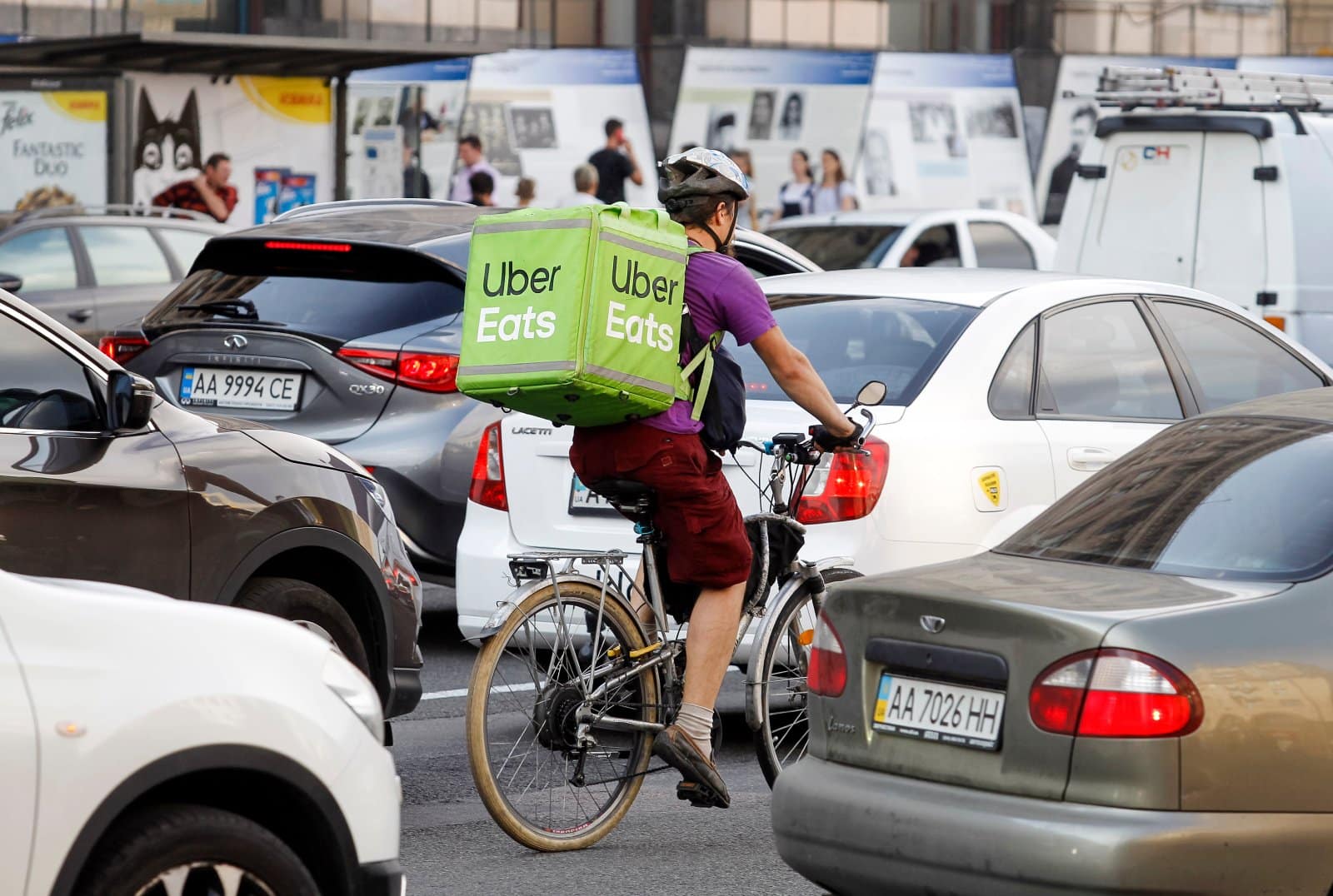
The gig economy is often sold as the ultimate meritocracy: work hard, and you can be your own boss. But in reality, gig workers earn 58% less than full-time employees, according to a 2021 report by the National Bureau of Economic Research. These workers often lack health insurance, retirement benefits, and job security, leaving them vulnerable despite working long hours. Success isn’t just about hustle when the deck is stacked against you.
7. Healthcare Access: Illness Is Expensive

In a country where medical debt is the leading cause of bankruptcy, getting sick can derail even the hardest worker’s life. The Kaiser Family Foundation found that nearly one in five Americans struggle with medical debt, and those without insurance are especially vulnerable. A single illness can wipe out savings and force people into poverty, making success feel like an impossible dream.
8. Student Debt: Education’s Price Tag

As of 2023, Americans collectively owe over $1.7 trillion in student loans. The burden of this debt means that many graduates are paying off loans well into their 40s, delaying homeownership, starting a family, or saving for retirement. The cost of education may help you get ahead, but it also ties you to a financial ball and chain that can hold you back for decades.
9. Housing Discrimination: Where You Live Matters
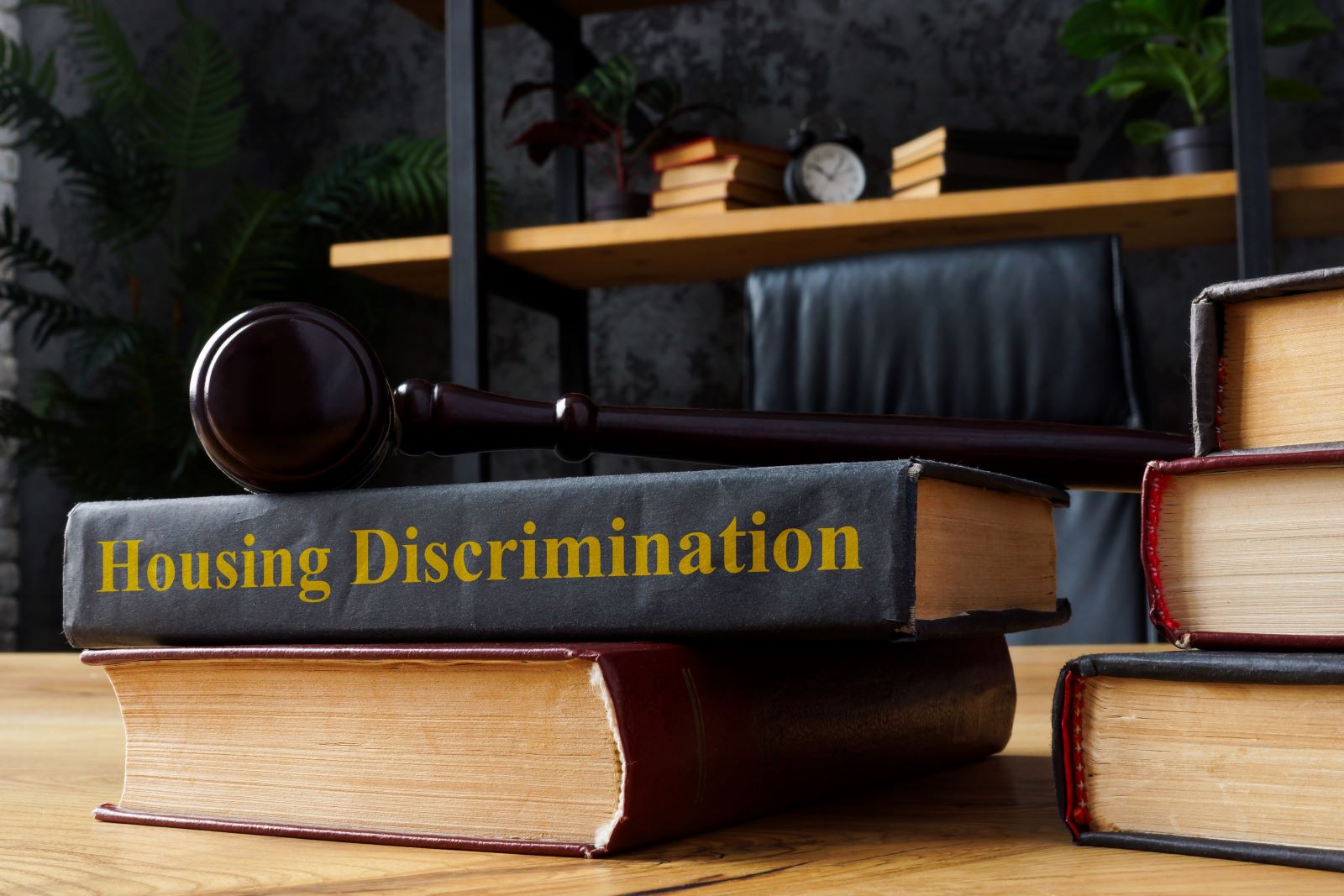
Where you live influences your access to jobs, education, and even healthcare. Redlining—a practice where banks refused to offer loans to predominantly Black neighborhoods—still has lingering effects. According to the Brookings Institution, homes in Black neighborhoods are devalued by an average of $48,000 compared to similar homes in white neighborhoods. This devaluation limits wealth-building opportunities for Black families, reinforcing cycles of poverty and inequality.
10. Rising Cost of Living: Keeping Up Is Hard Work

The cost of living has outpaced wage growth for decades. According to the Economic Policy Institute, the federal minimum wage of $7.25 an hour hasn’t increased since 2009, while the cost of housing, healthcare, and education has skyrocketed. Even those working multiple jobs can struggle to make ends meet. Hard work means less when the cost of survival keeps climbing faster than paychecks.
11. Childcare Costs: A Hidden Tax on Working Families
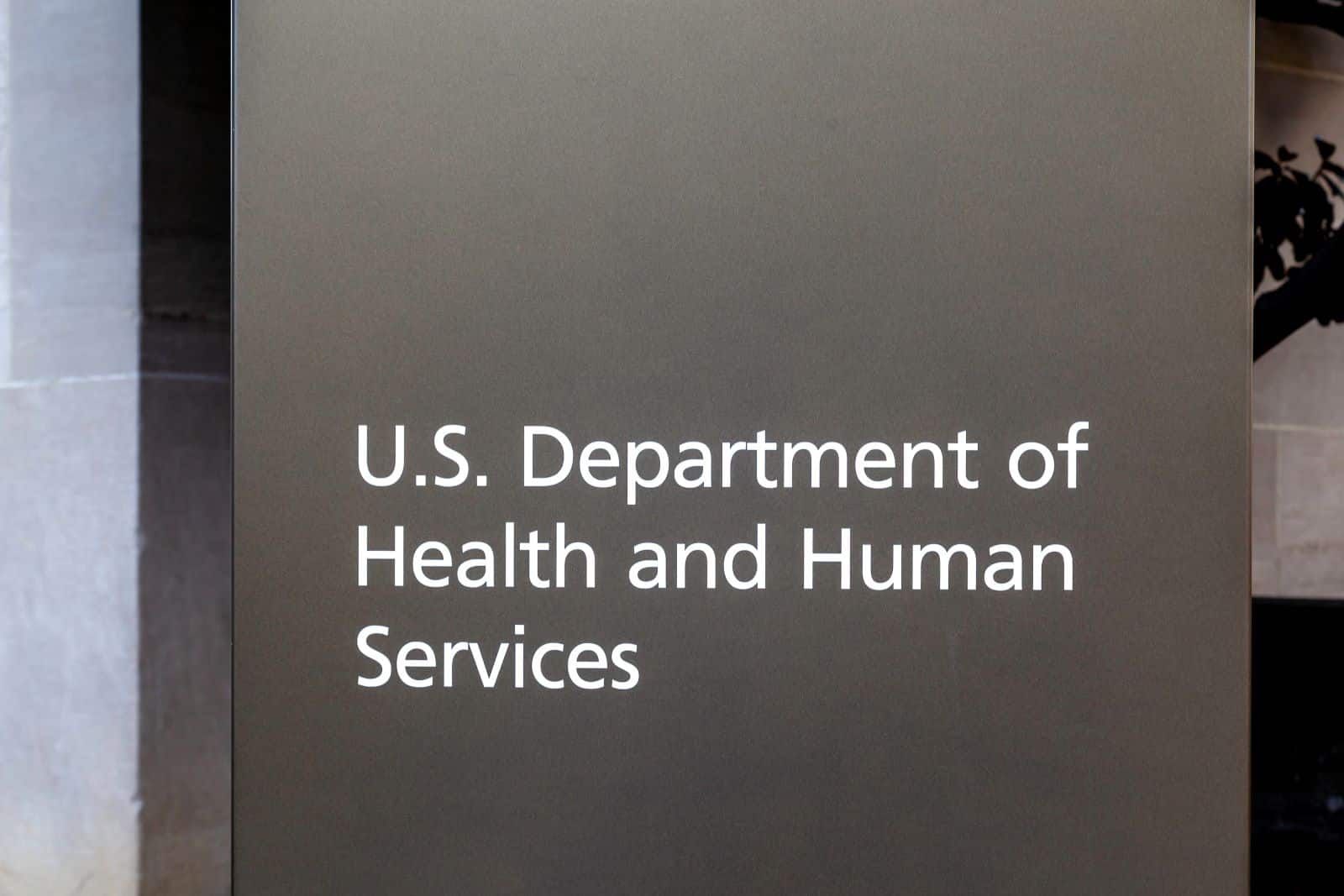
Childcare is one of the biggest expenses for working families. The U.S. Department of Health and Human Services considers affordable childcare to be no more than 7% of a family’s income, yet most families pay double that. The average cost of full-time daycare is over $10,000 a year, making it nearly impossible for many parents, especially single mothers, to work full-time without falling into debt.
12. Mental Health: The Silent Barrier

Mental health issues, often exacerbated by economic inequality, can significantly impact a person’s ability to succeed. The National Alliance on Mental Illness (NAMI) reports that one in five adults in the U.S. experience mental illness, yet only half receive treatment. The stigma and financial burden of mental health care can prevent people from achieving their full potential, no matter how hard they work.
13. The Criminal Justice System: A Pipeline to Poverty

The U.S. has the highest incarceration rate in the world, with nearly 2.3 million people in prison. Once released, former inmates face significant barriers to employment, housing, and education. According to the Prison Policy Initiative, formerly incarcerated people face an unemployment rate of over 27%—higher than the total U.S. unemployment rate during the Great Depression. A criminal record can permanently derail someone’s ability to succeed, no matter how hard they try to turn their life around.
14. Climate Change: Natural Disasters Worsen Inequality
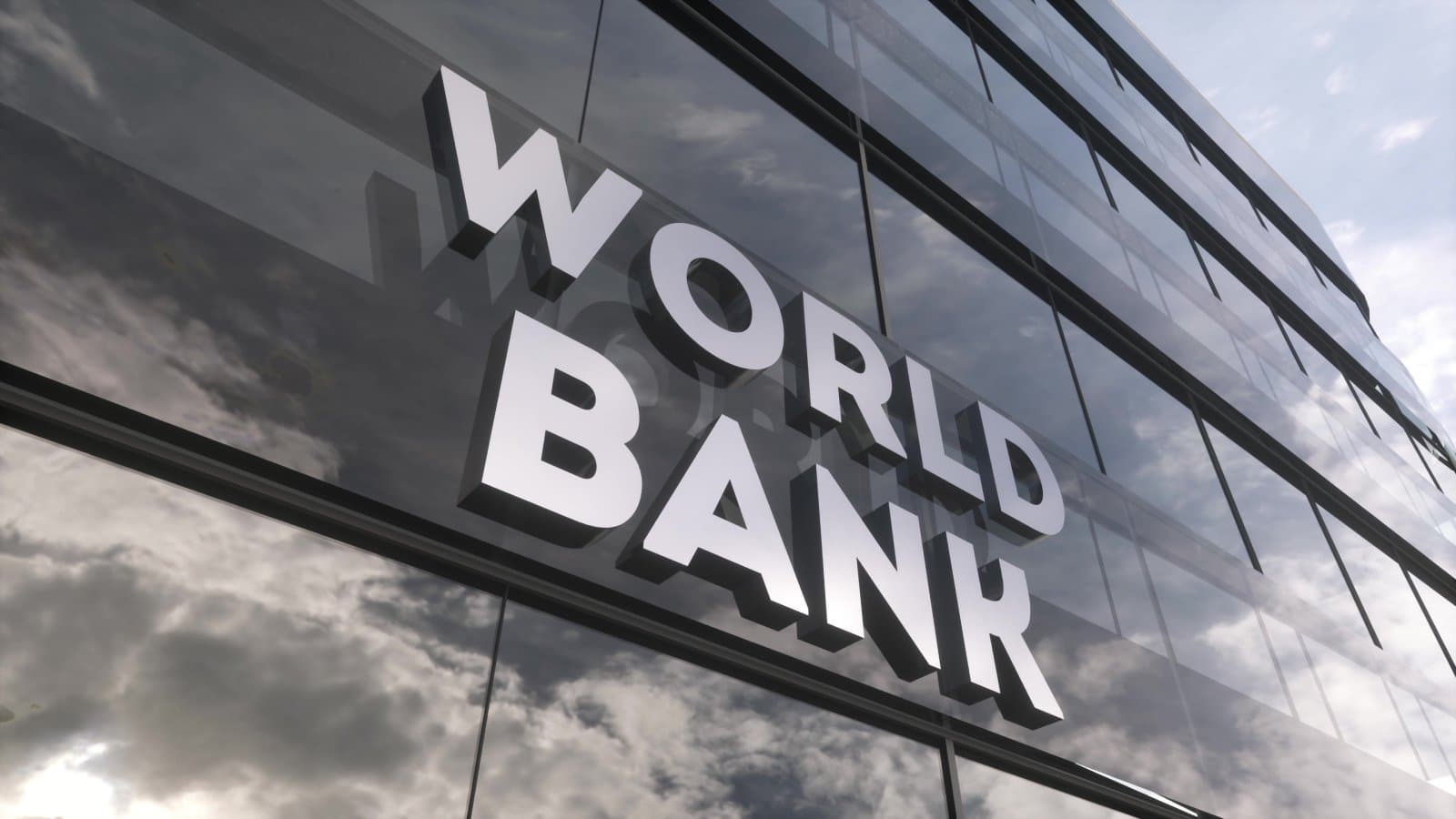
Climate change disproportionately affects low-income communities, who often lack the resources to recover from natural disasters. Hurricane Katrina, for example, devastated New Orleans’ poorest neighborhoods, and recovery efforts have been slow and uneven. The World Bank estimates that climate change could push an additional 100 million people into poverty by 2030. Hard work means little when your home and livelihood are washed away by forces beyond your control.
15. Retirement Insecurity: Working Harder for Longer

The decline of pensions and the rise of 401(k)s have shifted retirement planning from employers to employees. Yet, half of Americans aged 55 and older have no retirement savings at all, according to the U.S. Government Accountability Office. For many, hard work doesn’t lead to a comfortable retirement but to working well into their senior years just to make ends meet.
16. Lack of Paid Leave: Choosing Between Health and Income
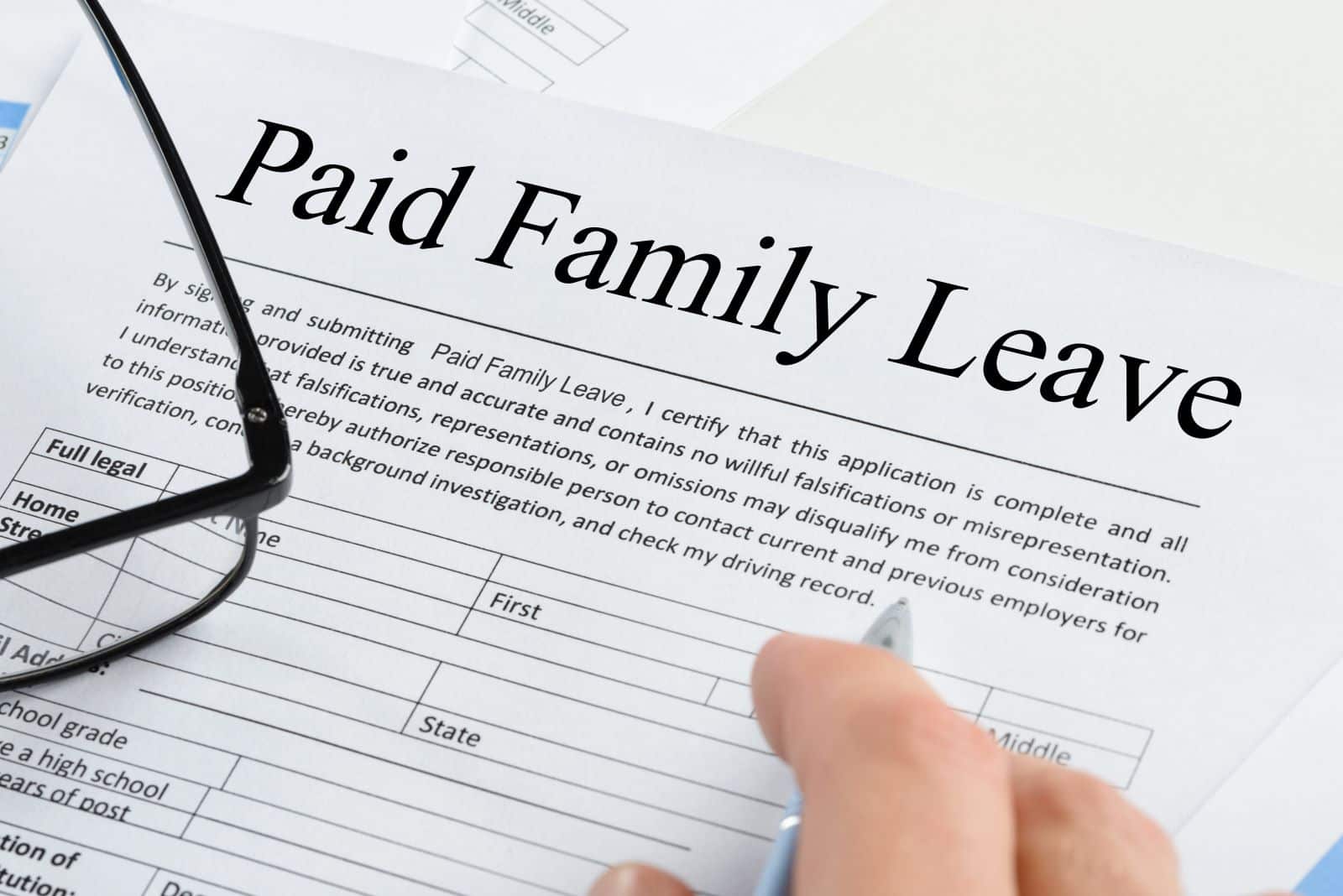
The U.S. is one of the only developed nations without guaranteed paid leave, forcing many workers to choose between taking care of their health or earning a paycheck. According to the Bureau of Labor Statistics, only 23% of U.S. workers have access to paid family leave. This lack of support disproportionately affects low-income workers, especially women, who are more likely to be caregivers.
17. Automation: The Future of Work Is Uncertain

Automation is rapidly changing the job landscape, with millions of jobs at risk of being replaced by machines. The Brookings Institution estimates that 25% of American jobs are at high risk of automation, particularly in manufacturing and service industries. Hard work alone won’t protect workers from the technological disruptions that are already transforming the economy.
18. The Wealthy Control Politics: Policy Favors the Rich

In America, wealth isn’t just economic power; it’s political power. A Princeton University study found that economic elites and organized business interests have a significant impact on U.S. policy, while average citizens and mass-based interest groups have little to no influence. This means that policies are often designed to benefit the wealthy, further entrenching inequality and making it harder for the average worker to get ahead.
19. The Shrinking Middle Class: Hard Work Isn’t Paying Off

The middle class, once the backbone of the American Dream, is shrinking. According to the Pew Research Center, the share of adults in middle-income households fell from 61% in 1971 to 50% in 2021. Wages have stagnated, while the cost of living has soared, making it harder for middle-class families to save for the future or climb the economic ladder.
20. The Myth of the Self-Made Billionaire: No One Makes It Alone

We love stories of self-made billionaires who started with nothing, but these tales often ignore the role of privilege, timing, and luck. For every Mark Zuckerberg, there are countless others who worked just as hard but didn’t have access to the right networks, education, or venture capital. Success stories may be inspiring, but they’re often the exception, not the rule.
It’s About More Than Hard Work

The idea that hard work alone leads to success is an oversimplification of a complex reality. While effort is important, so are the opportunities you’re given, the resources you have, and the barriers you face. The myth of meritocracy persists because it’s comforting, but it ignores the systemic inequalities that shape so many lives. In America, success isn’t just about how hard you work—it’s also about the hand you’re dealt.
21 Ignorant Lies About Americans the Rest of the World Claims Are True

Americans are often the subject of wild assumptions and exaggerated stereotypes. Are these misconceptions affecting how the world views the average American? 21 Ignorant Lies About Americans the Rest of the World Claims Are True
Flawed Gender Tests: Olympic Committee Sends Plea to Boxing Officials

The International Olympic Committee has declared old boxing gender tests as flawed and illegitimate. This has arisen amid discussions regarding gender in Olympic female boxing matches. Flawed Gender Tests: Olympic Committee Sends Plea to Boxing Officials
Social Security Sham: 18 States Slashing Benefits
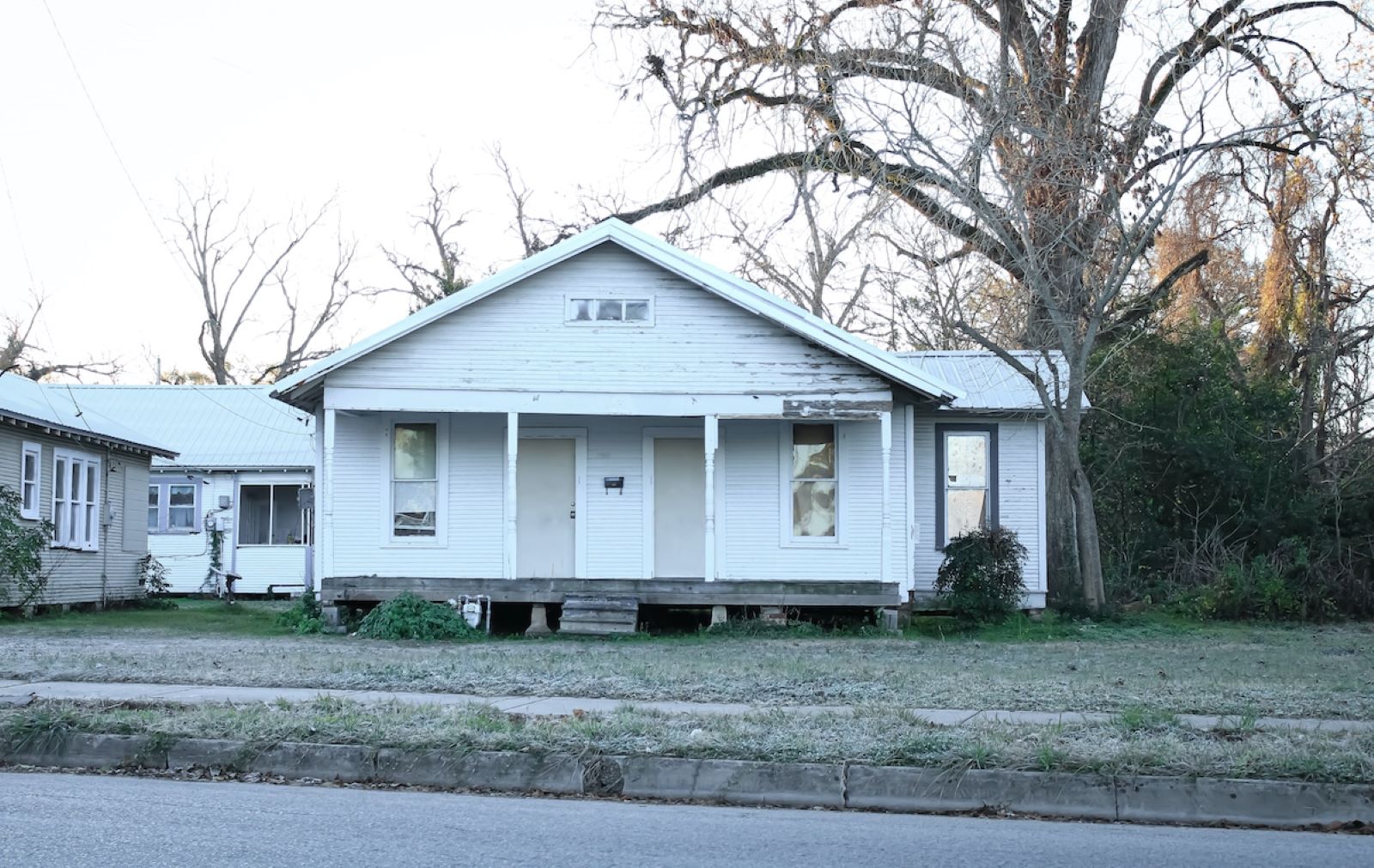
When you think about retiring, you might picture relaxing and traveling during your golden years. Social Security benefits help with this, but taxes can change depending on where you live. In some states, you might end up paying more taxes on your benefits. Let’s check out the 18 states where retirees face higher taxes on their Social Security benefits. It’s important to know so you can plan ahead and make the most of your retirement savings. Social Security Sham: 18 States Slashing Benefits
Featured Image Credit: Shutterstock / ungvar.
For transparency, this content was partly developed with AI assistance and carefully curated by an experienced editor to be informative and ensure accuracy.
The images used are for illustrative purposes only and may not represent the actual people or places mentioned in the article.

